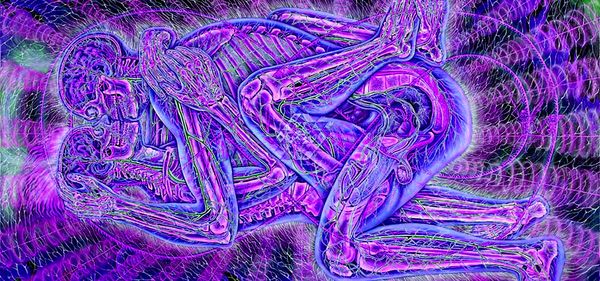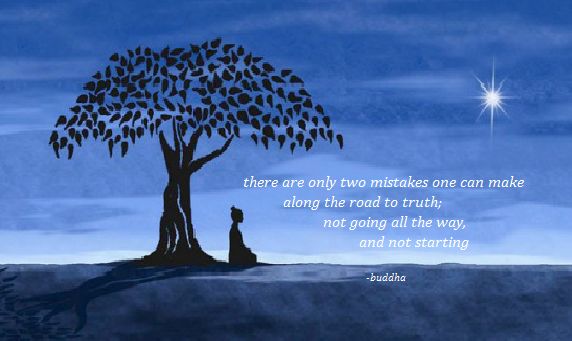Andy Dilks • • 4 min read
From Sex to Sensuality – Restoring Balance in a Sex-Obsessed Culture

You’d have to be blind to have failed to notice how obsessed with sex the contemporary cultural landscape has become. Living in a capitalist, consumer-driven society where “sex sells”, our bodies and sexuality has become a vehicle for nothing less than the commodification of anything with a dollar sign on it. From soft drinks to cars, sex is used as the lure through which corporate interests hawk their wares.
Even children are no longer immune to this all-pervasive process – from beauty pageants to their eroticized portrayal in fashion catalogues, there has been an increasingly disturbing trend in the sexualisation of childhood, stripped of its innocence and thrown headlong into the meat marketplace.
This crass and often exploitative over-emphasis on sex in the media landscape has had inevitable negative consequences on the health and well-being of a broad cross-section of society, disempowering both men and women, old and young and often reducing us to objects in which the exploitation of our primal drives strips us of our ability to truly connect with one another. In its most obvious and pervasive manifestation – pornography – sex becomes an almost dehumanising force; an addictive drive in which new pleasures are sought with the same level of zeal found in the dopamine-releasing excesses of the drug addict.
As High Existence recently observed, there’s an ironic negative side effect to this sex-obsessed culture that is often neglected. The more sex we consume as consumers rather than connected human beings, the more desensitized we become to it, inexorably losing our true connection with genuine sexuality. Anxiety, depression, a loss of the ability to become truly stimulated and aroused and sexual dysfunction all begin to manifest themselves. The inherent lack of positive emotional values in the arenas of pornography and sexualized media inevitably has knock on effects on our subsequent emotional connections – the porn addict might suffer these consequences the most, but it affects us all subconsciously to varying degrees. The act of sexual intercourse becomes stripped of all its attendant factors – love, nurturing, compassion and sensuality – rendering the experience hollow and lacking in joy.
Writing in Return to the Brain of Eden, Tony Wright summed up the problem faced by contemporary society as follows:
“We are addicted to sex, but could part of this be an addiction to the feeling we get from being momentarily free from our ego-based, fear-ridden, left-hemisphere sense of self? Is the sexual drive, which has reached obsessive levels in our society today, as result of a striving to regain something that in our deepest being we know we have lost? At some fundamental level we know there is something more to the sexual experience, but because we don’t know where to look, the desire becomes attached to a whole raft of sexual expression, from glossy car ad to deepest depravity.”
There is an easy way to rectify this obsession with sex, and it is to reconnect with our sensual side and see each other not just as objects of sexual desire but as beings with a whole range of senses and feelings which can be drawn upon to enhance our interactions both physically and emotionally. Sensuality is defined in the dictionary as “the enjoyment, expression, or pursuit of physical, especially sexual, pleasure” which goes some way to outlining its capacity to enhance our sex lives.
Our senses become extensions of our sexuality rather than ancillary functions – the sight of a lover, a delicate touch or gesture, their smell and everything else is no longer a prelude to the sexual experience, it is an integral aspect of the whole; a stroking of the senses where a walk, a moment of eye contact, a vocal expression and a smile stimulates on an emotional and libidinal level. Napoleon is said to have written home to his wife once saying, “I’ll be home in three days. Don’t bathe,” and as an anecdote this is a fine example of the intoxicating effect of our natural scents and their capacity to function as aphrodisiacs. The more we savour and appreciate these sensorial delights our bodies so readily produce, the less the libido, in Freud’s words, conflicts with the conventions of “civilized behaviour”. Instead, the individual becomes master and mistress of it.
Naturally, our general health and well-being plays a crucial role in our connectedness to sensuality, and just as feeding the mind with negative, overtly sexualised imagery lacking in emotional resonance will lead to a disconnection from a rich and emotional sex life, so too can our diet play a huge role in reconnecting us to our sensual aspect. Many who have adopted a diet primarily of raw foods have claimed that a focus on sexuality – and increased emphasis on sensuality – has come about, a more expansive, all-encompassing desire for sensual experiences taking precedence over an obsessive psychological desire to attain orgasm. A good meal, it seems, can satisfy more than just our hunger cravings.
In a world in which mainstream culture seems to value sexuality over sensuality – values which have been largely imposed by vested interests manipulating our desires for profit – shifting the emphasis towards sensuality is as much a rebellion against an imposed value system as it is a way to reconnect with a far broader aspect of our selves as fully conscious beings, both physically and spiritually. Exploring and relishing our sensual side in all its manifestations will not only make us far better lovers, it will move us towards being fully integrated individuals capable of a whole new level of experiences with one another.





